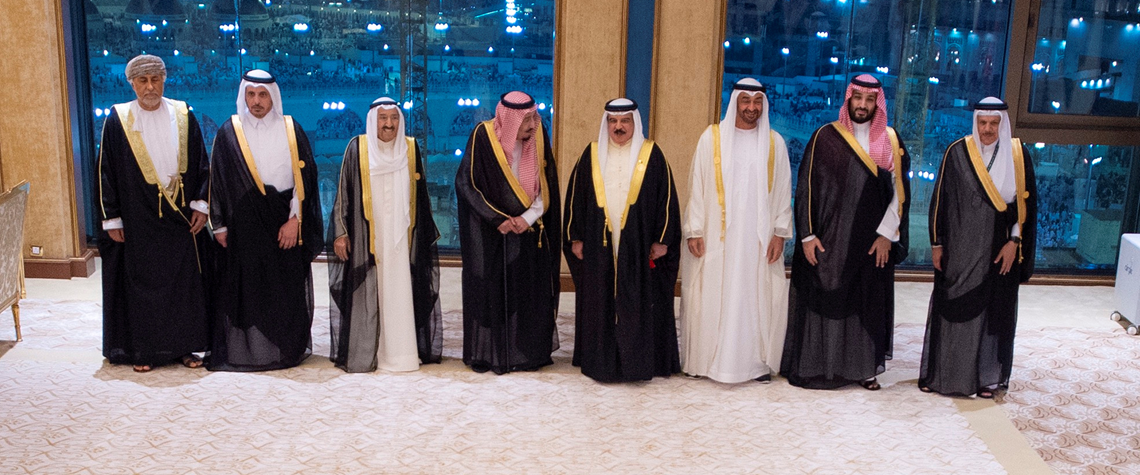Gulf states frozen in the headlights
Beset by intra-GCC tension, Gulf states are dithering in the face of the Iran crisis
The fear engendered in Saudi Arabia by the September attacks on its oil facilities at Abqaiq and Khurais is shared by the other five members of the Gulf Cooperation Council (GCC): Bahrain, Kuwait, Oman, Qatar and the United Arab Emirates (UAE). Vital installations within their own borders are now as potentially vulnerable as those in Saudi Arabia. But the GCC is not in sufficiently robust shape to face up to the threats collectively. The GCC, in its 1981 founding charter, made no reference to defence cooperation. But three years later, Gulf leaders approved the creation of a joint military unit, the Peninsula Shield Force. One of its duties is to respond to military aggression against a GCC

Also in this section
29 July 2025
The EU’s Russia sanctions could have far-reaching implications for India’s Vadinar-based refinery
29 July 2025
There is a good strategic case for China to sign a deal for gas supplies via the proposed Power of Siberia 2 pipeline, but Beijing’s concerns over over-dependency on a single supplier and desire to drive down the price make it relatively unlikely that a contract will be finalised this year.
29 July 2025
EU industry and politicians are pushing back against the bloc’s green agenda. Meanwhile, Brussels’ transatlantic trade deal with Washington could consolidate US energy dominance.
25 July 2025
KRG, Iraq’s central government and Turkey are all working to get exports flowing from the key port, but complications remain








